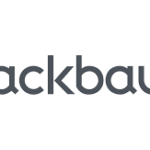
Embrace Knowledge Opportunities for an Effective Grant Strategy
Grantmaking takes place in an increasingly complex world, and we are inundated with more information and new approaches to philanthropic strategy. Amidst the complexity and strategy buzz, grants professionals need to make the best use of our knowledge work to support the most effective decision making possible for the most equitable change possible.
Explore the importance of knowledge work and shared meaning making for grantmakers, including:
-
How to introduce an equity focus through knowledge work
-
How knowledge work can encourage exploration and creativity in your grantmaking approach
-
Why knowledge work can be the steadying force when testing a new grant strategy
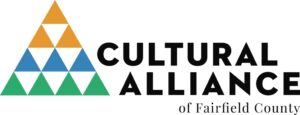
Strengthening the Arts and Culture Community:
A Knowledge Process Report
In the Fall of 2022, the Cultural Alliance of Fairfield County (CAFC) engaged Knowledge Designs to Change, a strategy and research partner, to guide a process to identify key indicators of CAFC’s work. Indicators would be used to document and understand the contribution of CAFC’s structure and activity in meeting the organization’s mission. A targeted emphasis was placed on CAFC’s ongoing desire for the broadest inclusion and equitable change in the region’s arts and culture landscape.
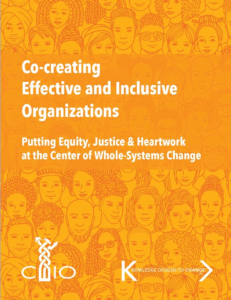
Co-creating Effective and Inclusive Organizations/ Organizing:
Putting Equity, Justice & Heartwork at the Center of Whole-Systems Change
This research marks important advances in co-creating inquiry methodology with change agents who are working in and through equity initiatives. Knowledge Designs to Change is about greeting change work from inside the values of the work itself. One aspect of our shared power lies in asking questions and together developing processes that illuminate our lived experiences. Whether we make meaning through words or numbers or art, knowledge processes are about shared and embodied action. My hope is that this report illuminates some ways in which CEIO, as a community of practice, is bringing us together into a more just and equitable future.
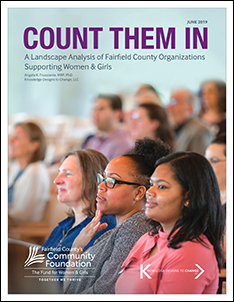
Count Them In: A Landscape Analysis of Fairfield County Organizations Supporting Women and Girls
Maximizing investments to achieve equitable outcomes requires a strong network. Strong networks enable a more efficient referral system and more effective use of community and provider resources. When diversity is intentionally honored, these networks can produce more robust strategies and partnerships grounded deeply in what works in communities.
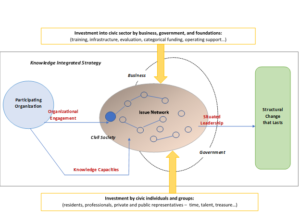
Equitable Participatory Civics in “Millennial” Times: Why Knowledge Matters to Structural Change
Fast-paced; Information and technology rich; Institutional lite; High stakes; Quick mobilization; Decentralized voice and action; Multi-tasked to the max. Whether we are millennials by generation or not, this is our contemporary context. This is where civic sector leaders live. This is also where equity and change approaches often die amidst what feels like strategy overload – the constant flow of “new” ideas, packaged models, and ready-made techniques.
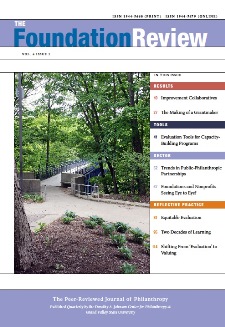
Shifting from ‘Evaluation’ to Valuing: A Six-Year Example of Philanthropic Practice Change and Knowledge Development (2014)
Philanthropy has reached an exciting moment where conversations about evaluation are giving way to broader notions of learning itself as a strategic philanthropic investment. Evaluation is recognized as important, and yet not the only learning needed – particularly within complex social- and policy-change efforts. This article explores five knowledge-development trajectories at one family foundation and includes tools for informing both operations and program strategy.
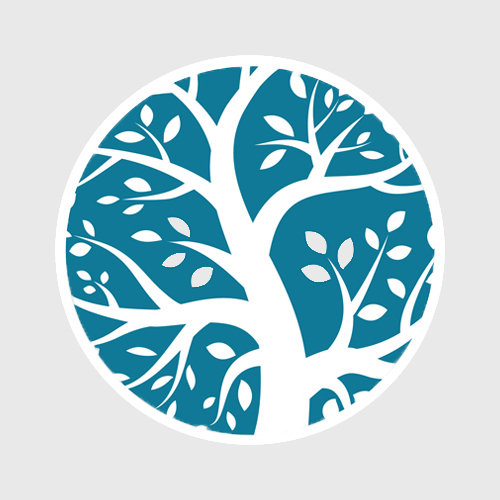
Learning and Equity in Foundation Practice: A discussion starter about engagement and university learning partnerships (2015)
Foundations have long invested in place-based initiatives and related capacity building, evaluation, and learning processes. Foundation investment into a “knowledge” space has often been presented as neutral, objective, and solely benevolent support. In the past few decades, information production has increased along with the plethora of learning techniques that foundations can use in change initiatives. This brief starts with the assertion that investment into knowledge development must be questioned in relation to issues of power and access to knowledge production itself.
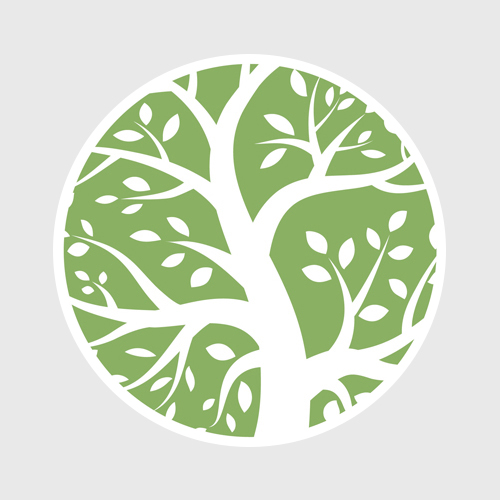
Network Learning, Nonprofits and Social Diversities (2011)
This poster presentation offers musings on network learning that can serve as a discussion starter about networks, systems, and diversity and the relationships of these to network learning and methods. The document includes questions that raise up issues of structure and inequity.
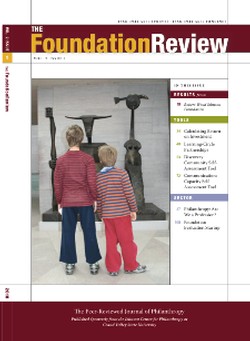
Constructing Collaborative Success for Network Learning: The Story of the Discovery Community Self-Assessment Tool (2010)
Despite conversations about the importance of community collaboration, foundations continue to struggle with how to best frame and support collaborative success. This article shares a story of the development and initial use of the Discovery Community Self-Assessment Tool as a process of social construction critical to collective action and a possible indicator of network learning.
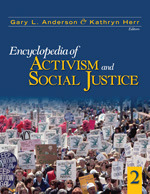
Encyclopedia of Activism and Social Justice (2007) Participatory Democratic Leadership
This encyclopedia entry discusses various framings of leadership and traces the notions of participation, democracy and social construction in relation to contemporary leadership challenges and opportunities. “To ask then about how people take part or share in power is the heart of both participatory democratic questioning and the associated task of leadership. This questioning is both collectively and individually reflexive as people come to understand and voice their own values in the context of their understandings of the values of others…”
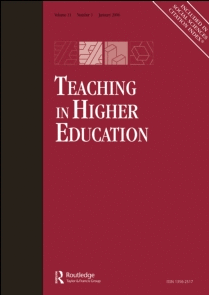
Identifying transcendence in educating for public service: reflections on
qualifying to teach as a pedagogic example (2008)
In this critically reflective piece, I describe the design of a foundations of education course and my first year teaching experience. I discuss thematic statements of issues that emerged as I came to construct the meaning of my experience and evolving ideas about teaching for public service professions. These included that: a.) Questioning is not ‘normal’ for everyone; b.) The experience of classroom safety may be different for student participants than for teacher participants; c.) Reflection is a situated responsibility; and d.) Assessment and authority interact within the context of learning in a formal classroom.
